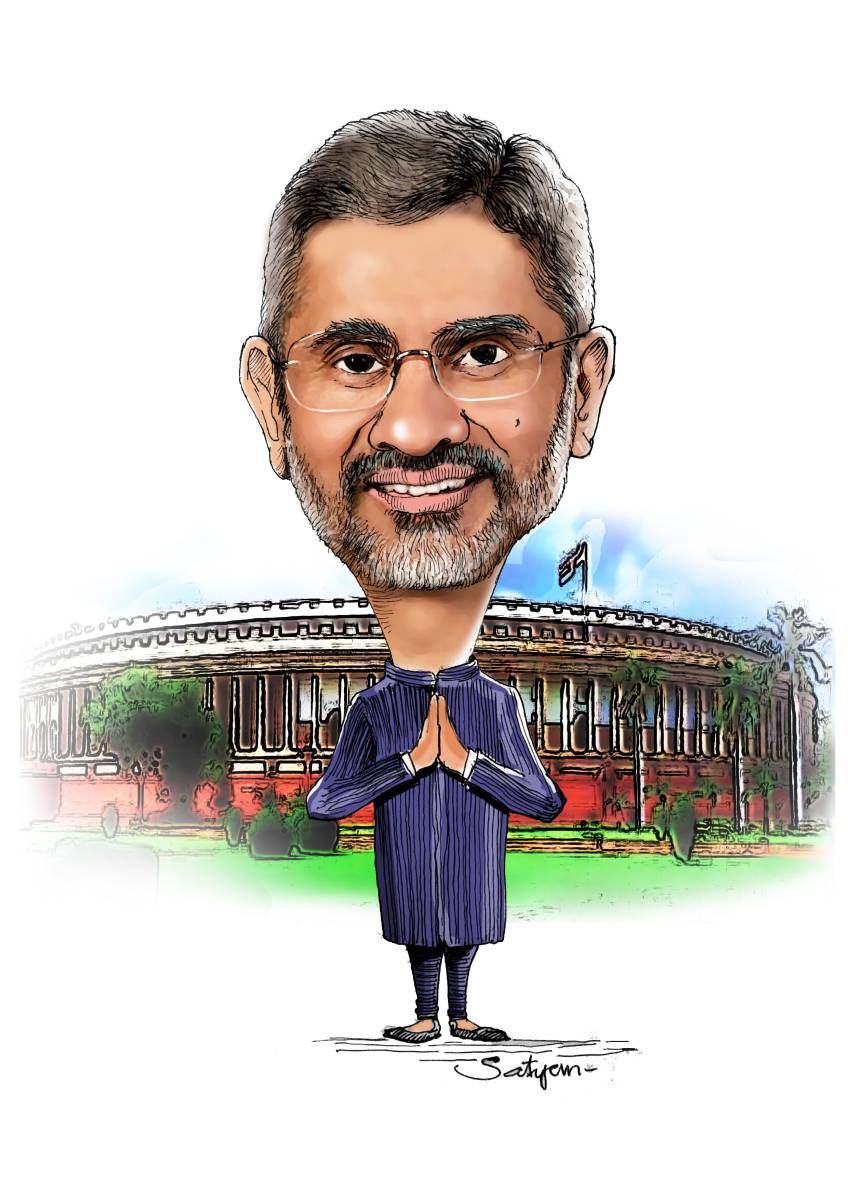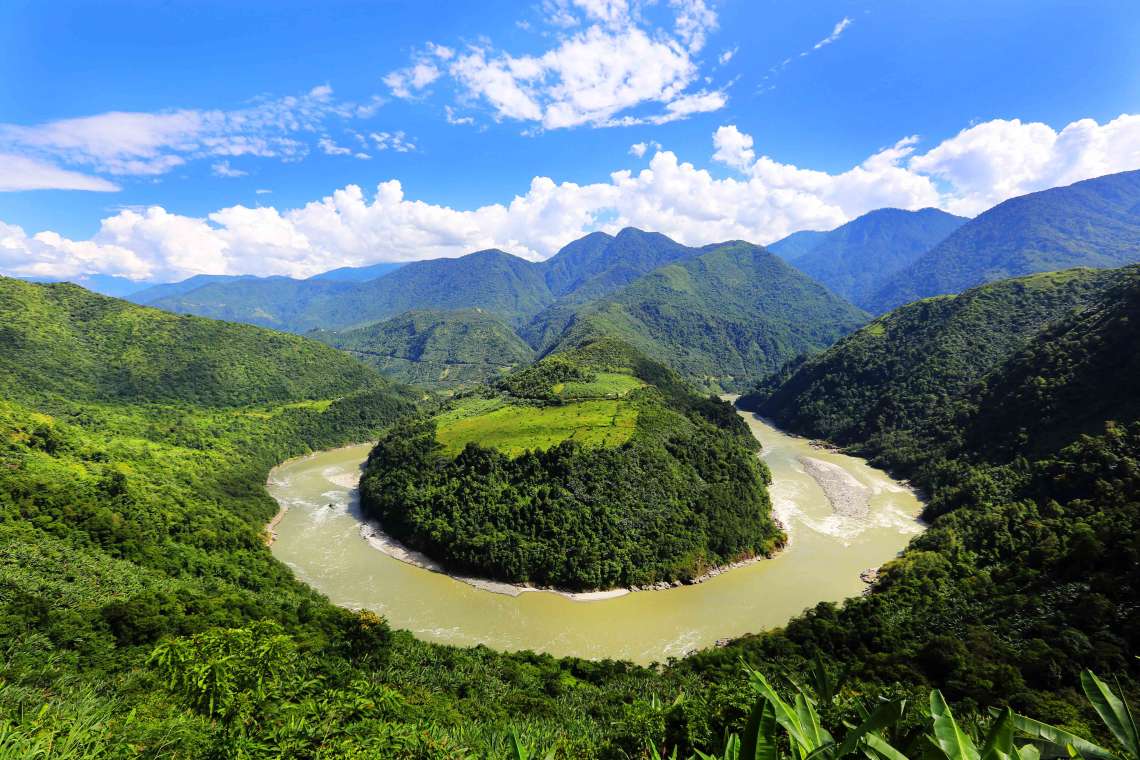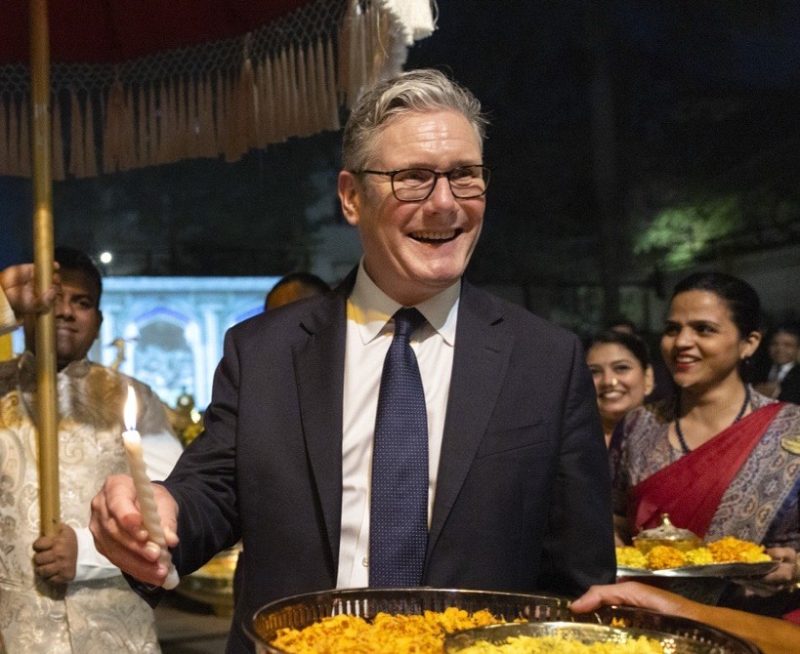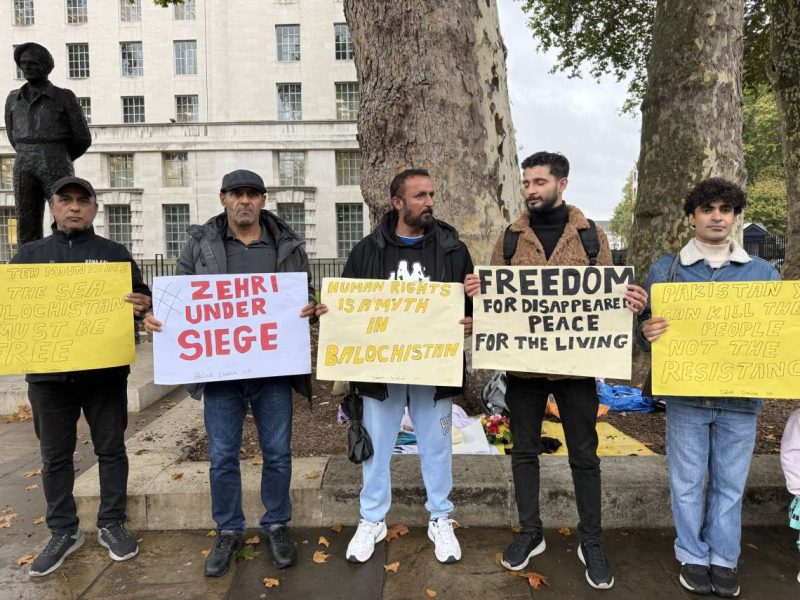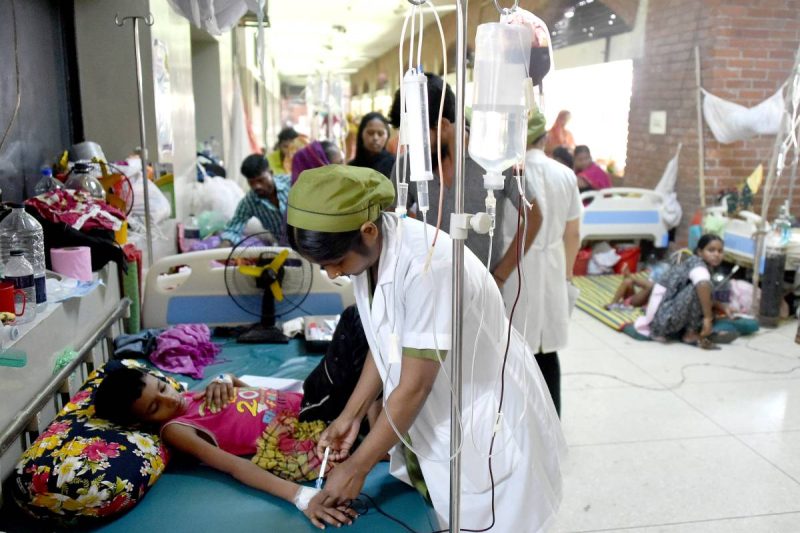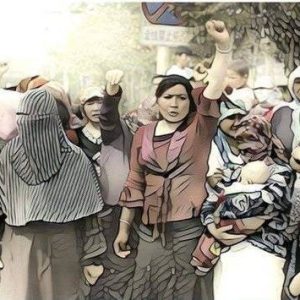Asked if the relationship with the West had improved as a result of the confrontation with China, he replied: “My relations with the West were quite decent before June 2020.”…reports Asian Lite News
In a prickly interaction with a moderator, S Jaishankar, Indian External Affairs Minister, remarked in a panel discussion at the annual Munich Security Conference that ties with China are going through a very difficult phase.
Answering a question on the Sino-India situation, the minister explained: “It’s a problem we are having with China; and the problem is this: that for 45 years there was peace, there was stable border management, there were no military casualties from 1975. That changed because we had agreements with China not to bring military forces to the border, we call it border but it’s a line of actual control, and the Chinese violated those agreements. Now the state of the border will determine the state of the relationship. That’s natural. So obviously relations with China are going through a very difficult phase.”
Asked if the relationship with the West had improved as a result of the confrontation with China, he replied: “My relations with the West were quite decent before June 2020.”
The questioner pointed out: “A recent poll, I think it was published just last week, indicates that on this occasion of the 30th anniversary of ASEAN-India relations which we celebrate this year, levels of trust between ASEAN countries and India are fairly low. India ranks fifth, after Japan, the United States, the EU and China; and only 16.6 per cent of respondents in this poll have said that they have confidence in India.”
Jaishankar answered: “I am a politician, so I believe in polls. But I have never seen a poll which has made any sense to me when it comes to foreign policy. So I guess what you cited is probably part of a long list. I would say our relations right now with ASEAN are actually growing well. The two big changes which are taking place are, we have much stronger security cooperation with the ASEAN and the other is physical connectivity.”
There was a charge of lack of principle between India’s attitude towards China and policy towards Russia, when it came to the latter’s current stand-off with Ukraine. The minister challenged this by saying: “I don’t think the situations in the Indo-Pacific and the trans-Atlantic are really analogous. We have quite distinct challenges between what’s happening here (Europe) and what happening in the Indo-Pacific.”
He added: “I think principles and interests are balanced and if people were so principled in this part of the world, they would have been practicing those principles in Asia or in Afghanistan.”
Jaishankar was speaking at a panel discussion on ‘A Sea Change? Regional Order and Security in the Indo-Pacific’. Other speakers in the conversation were representatives of the three other QUAD member countries, namely Yoshimasa Hayashi, foreign minister in Japan, Marise Payne, the Australian foreign minister, and Jeanne Shaheen, a US senator.
Thirty heads of government or state and over 100 minister rank officials are attending the weekend conference.


